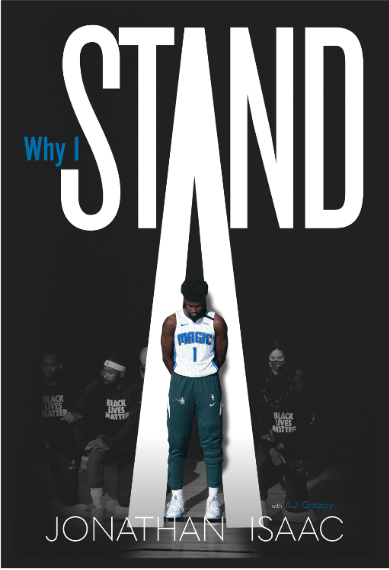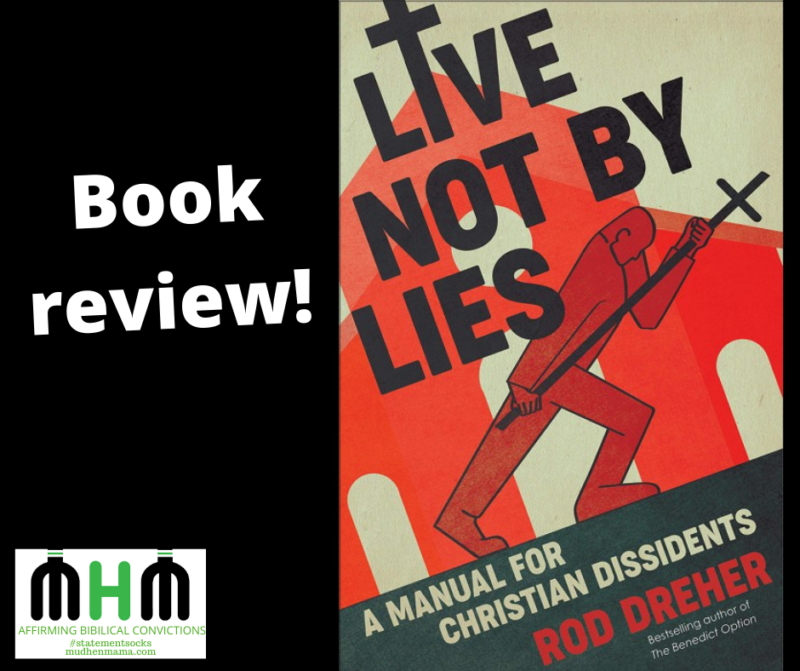
I finished reading Around the World in 80 Days much more quickly than I expected. For years, I’ve been trying to read classics that I never read when I was younger. Some are much tougher to get through than others. This is especially true when you don’t have anyone to talk through some of the content. But I’m glad to report, I found Around the World in Eighty Days to be an easy, exciting, and overall great book.
Phineas Fogg
Phineas Fogg, the main character, was described early on as a very methodical man. He even laid his clothes out by what time of year it was (page 12). He had earlier in the day hired a new servant, Jean Passepartout. Passepartout would later turn out to be his reliable traveling partner. But when he was initially hired, he had no idea the exciting adventure that was awaiting him within just a couple of hours.
Later that same day, Fogg had gone to the Reform Club, where he found his friends to play cards with. It was here that an interesting conversation ensued. The friends began to discuss how the world had gotten smaller in recent years due to improved transportation. According to one of the newspapers, a person could traverse the globe in 80 days. All of the men were incredulous, except for one – Fogg. He committed to proving one could indeed go around the world in 80 days, much to the astonishment of his friends. He was so sure he could do it, he put half of his fortune on the line and bet he could. Although the friends didn’t feel right about taking on this clearly foolish bet (they were certain they would win), they went ahead and signed a memorandum of the wager (page 22).
Betting? Really??
I’m not inclined to believe that betting is a great habit to get into. However, in this case, I think the point was that he had so much confidence that he could figure out what he needed to do to go around the world in 80 days, he was willing to put his money where his mouth was. He showed a lot of faith. His friends pointed out the many potential, and very real obstacles. But Fogg calmly moved forward with what he was confident he could do.
I loved how Jules Verne, the author, did not shy away from addressing the fact that although courage and conviction are characteristics to strive for, they can also bring on criticism. That’s a reality of life – those of us who walk with courage and conviction will certainly be called names. Assumptions will be made. Snickering and whispers of our foolishness will abound. However, as Fogg demonstrated throughout the book, standing firm in our convictions with our head held high is an admirable and extremely important attribute to have, no matter the consequences.
Disruptions
Although there is no mention of God in this book, I couldn’t help but think about how Fogg’s confidence in his ability to navigate whatever situation he’s thrown in should resemble the Christian’s confidence in the LORD. Fogg was undoubtedly convinced that somehow Providence would work out all of the details of the trip ahead, even when he couldn’t specifically plan for problems. But, he didn’t let the unknown slow him down.
How often do we as Believers get tripped up just as Fogg’s friends did as they discussed some of the “what-if’s”? We know what the LORD has called us to do, and yet we hesitate. It seems too hard, too crazy, too… much. And so we choose to bypass the adventure God has for us rather than risk disrupting our comfortable lives. Anyone else resonate or maybe it’s just me?
Les Mis
Throughout the book, Phineas Fogg reminded me a lot of Jean Val Jean, from Les Miserables. He did what was right, instead of what was easy, even when it cost him. Exactly as Jean Val Jean did. And he didn’t do it foolishly or recklessly. He thoughtfully considered the situation, and then moved forward with a principled decision, despite the potential consequences. Additionally, just like in Les Mis, Fogg had an archrival, Detective Fix. He was bound and determined to bring someone to justice for a bank robbery that fit Fogg’s description.
Throughout the book, Fogg is followed by Fix at first discreetly, and then later, blatantly. It was amazing that at one point in the book, Fix was there to witness Fogg as he chose to rescue his servant. Fogg could have kept going. He actually needed to, considering he had no time to waste to make it back in time to win the bet. But he nobly chose to find his servant (as well as a few other people) caught by a tribe of Native Americans. Within a few hours, he was able to bring everyone back safely (Chapter 29). He not only risked his life by this decision, but he virtually threw away his chance to win. Clearly doing what’s right is rarely easy. Amen?
However, even with this amazing story to refer to, Fix still believed the robber was the man in front of him. Fix was convinced that despite everything Fogg had done, he must be the robber the police were looking for. So as soon as he was able to, he arrested Fogg. As can be imagined, this seemed to be the fatal blow for Fogg’s voyage. However, the truth was exposed, and Fogg was vindicated. Within a few hours, Fogg was freed.
The ending
What an incredible story for kids to read! Fogg eventually got back to Britain, and arrived just 5 minutes late. How rough is that? However, he wasn’t shattered. Even considering all of the above extremely stressful situations that were not his fault or under his control, Fogg was still able to keep his head.
But, in an incredible turn of events, Fogg was able to win the bet because of a miscalculation of dates. Yay Fogg!
It was amazing how Vernes was able to weave together several circumstantial, stressful situations. Our hero was tested over and over, and proved to be found true.
What a great way to teach faithfulness, self-control, confidence, and determination to our children, and ourselves!
Check out the book HERE and don’t forget to look around MHM for more awesome titles to choose from!










